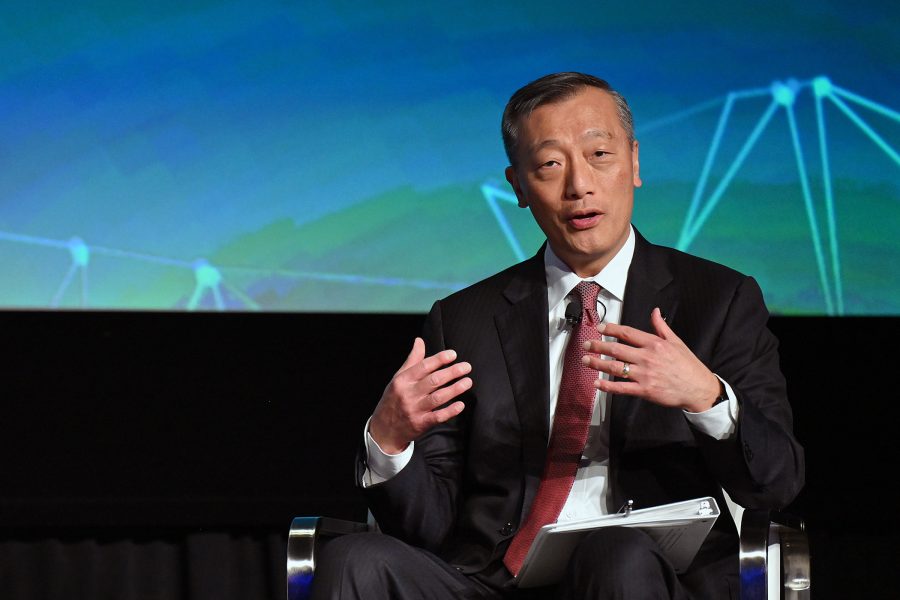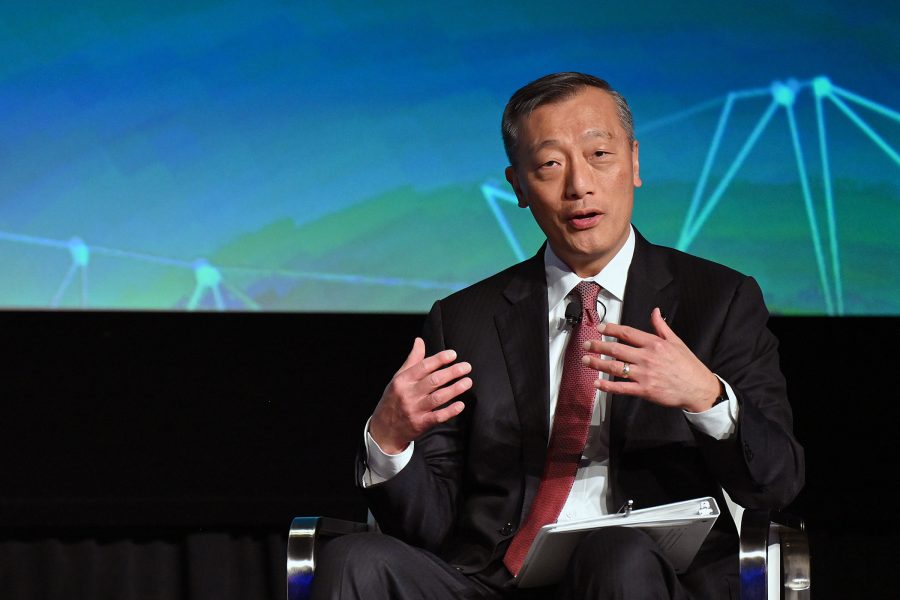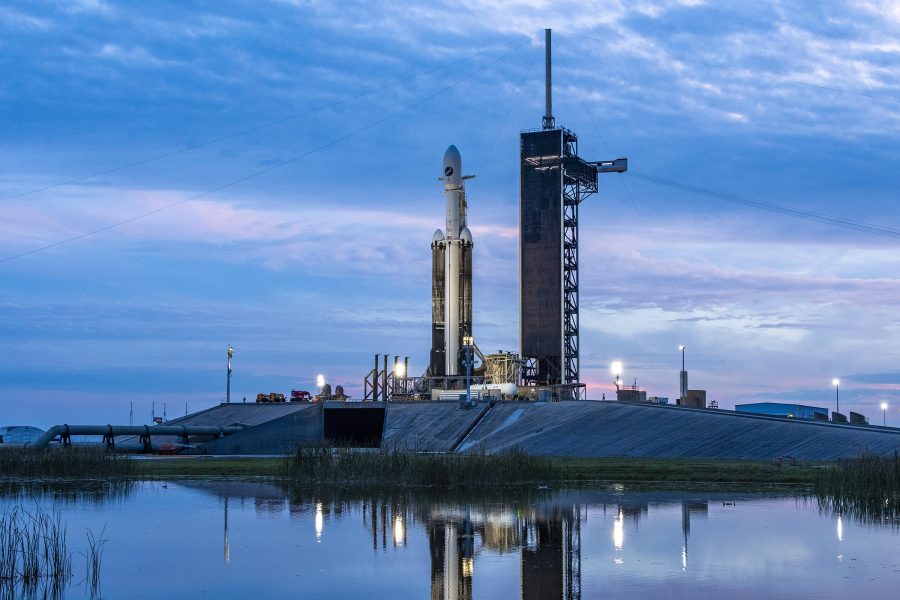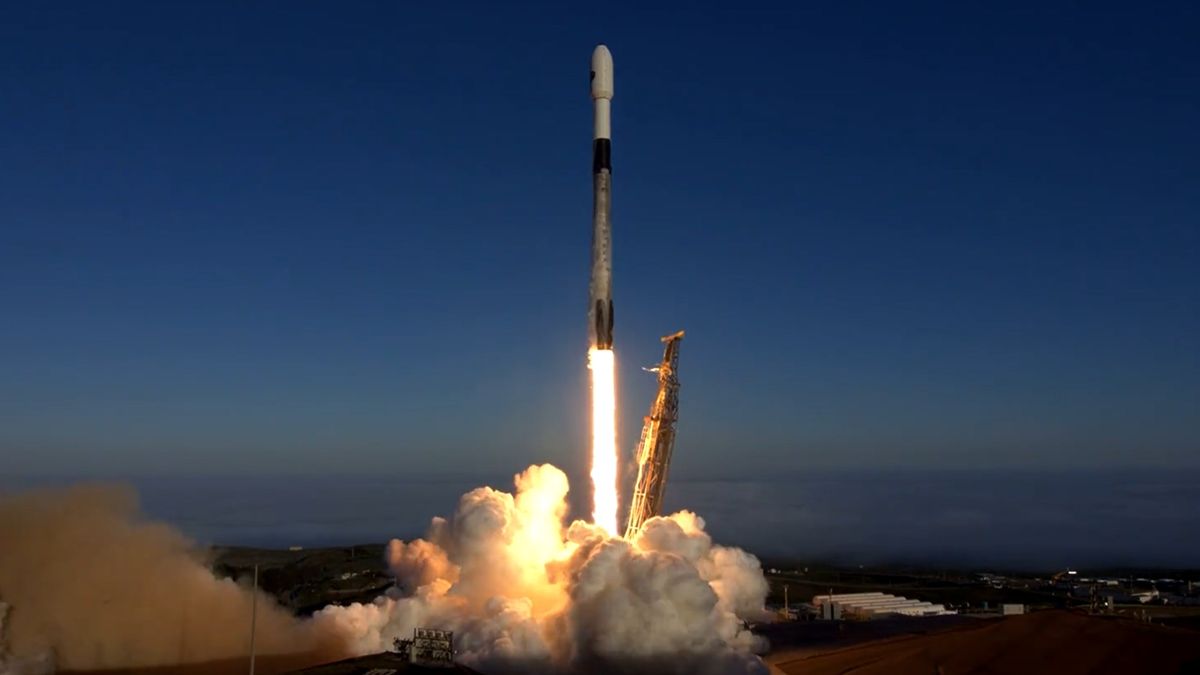Data integrity, rather than cyber attacks, is the primary concern for the head of cyber operations at Space Command.


Data Integrity, Not Cyber Attacks, Are What Most Worry Space Command’s Cyber Boss (Image Credit: airandspaceforces)
What keeps the digital warriors charged with fighting America’s wars in space awake at night isn’t cyber attacks per se, but more nebulous threats to the integrity of their data, the chief information officer of U.S. Space Command told an industry conference.
“The cyber threat is known to everyone,” Tse-Horng “Richard” Yu explained in a keynote address to AFCEA’s TechNet Indo-Pacific in Honolulu, Hawaii, calling the threat “serious, very important, and dangerous, real. I’m concerned about that.”
But he added, “that’s a known-known. It’s when we start exploring the unknown unknowns that I have a hard time sleeping at night.” Chief among these are threats to the integrity of data, he said.
For instance, if an enemy could invisibly alter the timing element of the position, navigation, and timing (PNT) service provided by GPS, even to a minuscule degree, the effects could be devestating to the Space Command mission—SPACECOM’s strategic missile defense capability depends on absolute precision, Yu said.
“When there’s an ICBM coming this way, and we have to shoot it down with an interceptor, [that’s like trying to shoot] a bullet with a bullet. Not only do we need to know the x, y, z of that location, but timing is very important, because it’s flying in excess of 10 kilometers per second. So if our timing is off by even a fraction of a second, you can see that we’ll miss the target,” he said.
There are many different ways U.S. adversaries might try to get the access they’d need for that kind of mischief.
“I’m concerned about our supply chain, for example, where things can get through into our network and disrupt—without me knowing—my data set,” Yu said.
Being able to rely on the integrity of data is critical but complicated, he said. “How do we, for example, know our timing is being spoofed? How do we know if our data is being spoofed?” he asked.
Conventional cybersecurity is all well and good, he said, but it has its limits.
“In your house, you have perimeter defense on your doors and windows, so if somebody opens or breaks the door or the window, you’ll know about it. In the cybersecurity world, what if they got into my house? I have no way of finding out what they’re doing. That is scary,” Yu said.
Yu acknowledged that there are technologies already available, and employed by Space Command, to check data set integrity. “I would love to have more capability to check the authenticity of data so that we don’t have the PNT, for instance, drifting off by fractions of a second all the time and causing havoc for our precision capability that our joint forces use,” he said.
He called this approach to ensuring data integrity “zero trust at the data level,” riffing off the Zero Trust approach to cybersecurity, now being imposed across the military. In Zero Trust networks, all users and connections are considered suspect, their access and authorities reduced to the bare minimum needed to do their job.
Reestablished five years ago (an earlier iteration was stood down in 2002), Space Command is a combatant command, one of the 11 organizations that actually plan and fight America’s wars. Like Strategic Command or Transportation Command, it’s a functional command, managing the satellite communications (SATCOM) and other spaced-based capabilities like GPS that are so vital to the modern military. But, uniquely, it’s also a geographical command, like Africa Command or Central Command, with an area of responsibility (AOR) that starts 100 kilometers above the Earth’s surface.
That unique AOR is part of the reason why data integrity and cybersecurity are so important for Space Command, said Yu.
“Our mission happens in the digital terrain. We fly the satellites through the digital terrain. We send the information from our functional services, like PNT, SATCOM, those kind of functional services through the digital cyber terrain. So everything we do is in that digital terrain,” he said.
Even the name of the chief information officer’s organization reflects the key role of the cyber domain for Space Command. In most military organizations, the J6 is named for some variation of Command and Control, Communications, Computers and Cyber. But at Space Command, the J6 organization is called the digital superiority directorate.
“The forefathers of the U.S. Space Command understood that in order for us to deliver our space capability to the joint forces, we must first attain digital superiority,” Yu explained.
But digital superiority isn’t an end in itself, he added: “In my mind, digital superiority is a way to get to decision dominance for our joint forces.” Decision dominance means being able to collect and process data faster than the enemy so that commanders can make better and faster decisions than their enemy counterparts. It means “we can see, we can think, we can analyze, we can act, all faster than the enemy, so that we can kill them or avoid them faster than they can even see us,” Yu said.







